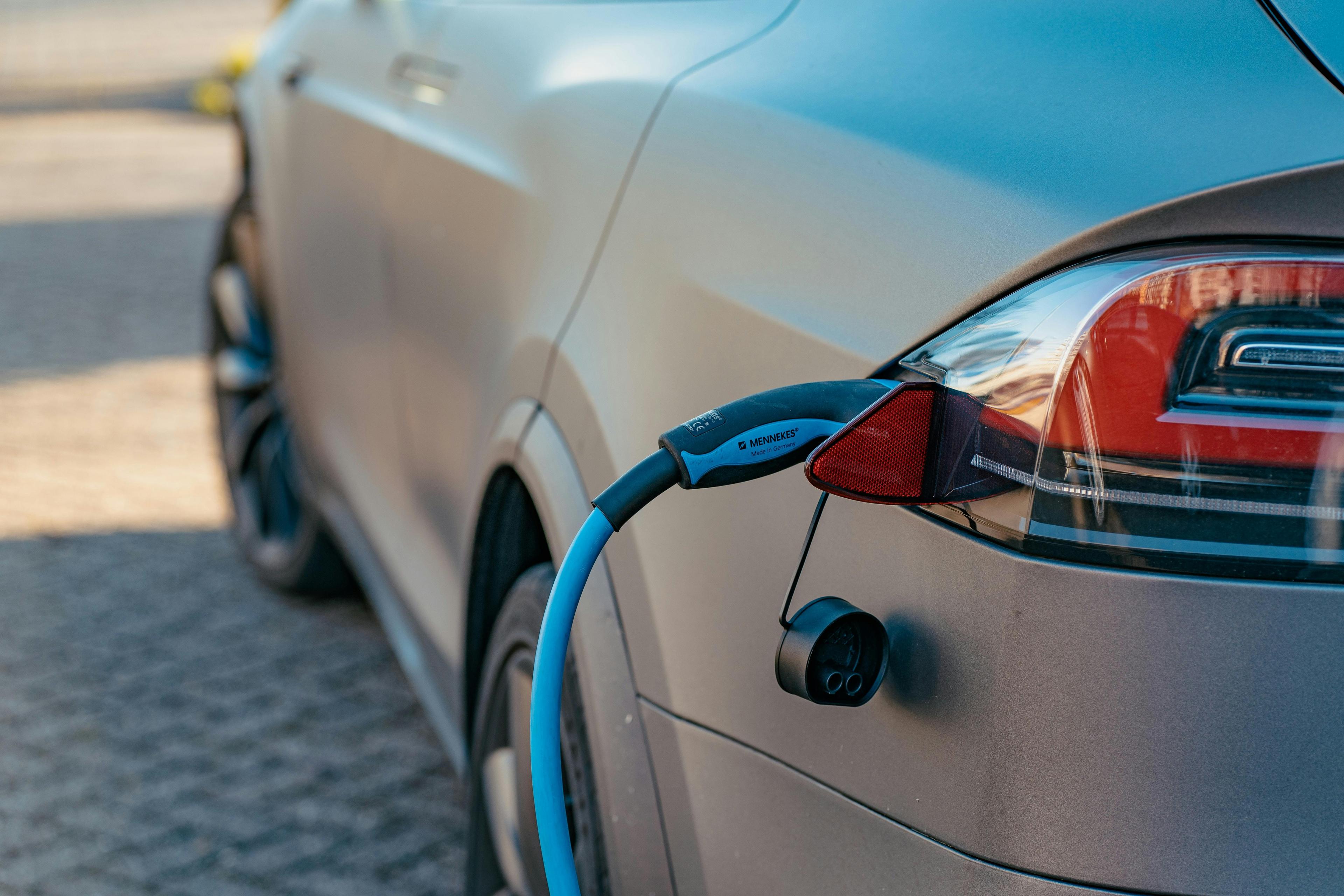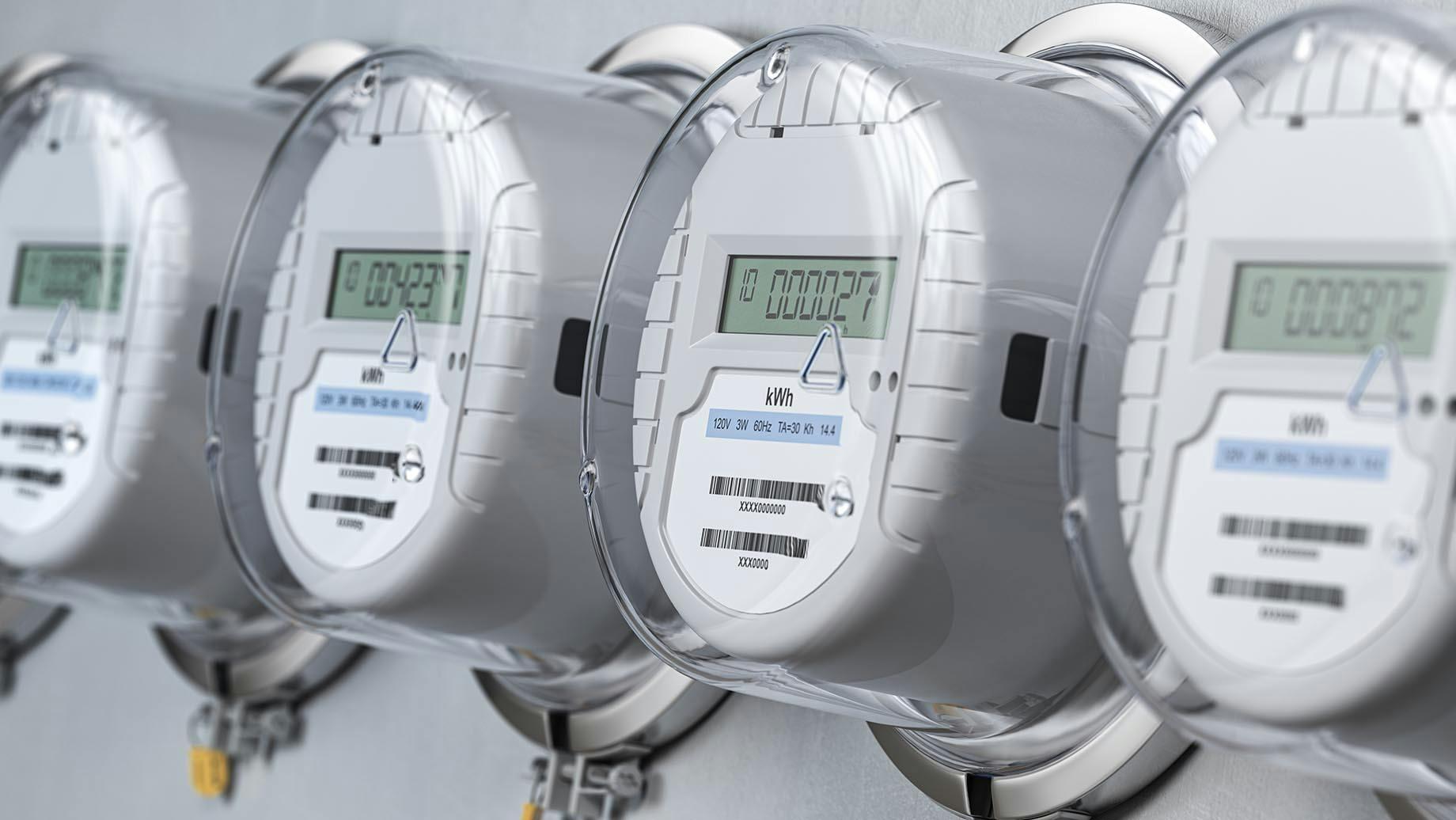
How Much Electricity Does it Cost to Run a Dishwasher?
Inspire Clean Energy
0 min read
category: Sustainable Living
Don't worry about climate change— do something about it.
Our clean energy plans are the easiest way to reduce your home's carbon footprint.
Switch to clean energyHow Much Electricity Does A Dishwasher Use?
These days our homes consume huge amounts of energy through water heaters, furnaces, and air conditioning units, so we often miss opportunities to cut down on our utility costs. One appliance people rarely consider when thinking of ways to reduce excessive energy consumption is their dishwasher. While dishwashers use a fair amount of energy, their main by-product is heating, which requires a decent amount of power to produce.
In recent years, many of us have become more aware of the current climate crisis, and we want to do our bit to help. Plus, many of us are looking to live more sustainable lives and consider our water usage when we think about how energy-efficient our homes are. This article will look at how much electricity a dishwasher uses, whether it’s worth the investment, or if we should simply hand wash our dishes instead.
How much does it cost to run a dishwasher?
Most dishwashers use an average of 1,800 watts, and water rates depend on your local area, the time of year, and even the time of day. A dishwasher's base electricity usage is pretty cheap; for an 1,800-watt model and an hour-long load, you’ll use approximately 1.8 kilowatt-hours (kWh) of electricity.
The US average cost per kWh is around $0.13, so if you run your dishwasher for one hour 5 days a week, it will only cost you around $1.17 for the week on your electricity bill.
If you’re unsure about how much you should be paying, you can calculate how much your household spends on electricity per day by using this Electricity Calculator.
Is it better to run the dishwasher or wash my dishes by hand?
On average, most modern dishwashers use between 11 and 13 liters of water per cycle, while hand-washing can use up to nine times that amount. So, if you have a dishwasher, use it! Not only does it save money, but it also saves energy in the process, leaving you with a lighter bill and a more energy-efficient household. Simply put, in the argument of dishwasher versus hand-washing cost, dishwashers come out on top.
Is it bad to run the dishwasher every day?
Dishwashers often give us an inaccurate idea of their actual energy consumption as the machine itself doesn't use much electricity. The dishwasher’s pump and control electronics use around 1,200 watts, which isn’t much electricity and equates to about the same output as a blow dryer.
Dishwashers can get away with such a low power profile because they piggyback off the water heater for up to half of their energy consumption. So, from an energy perspective, it’s not bad to run your dishwasher every day, especially if it’s full of dishes that genuinely need washing by the end of the day.
Is it cheaper to run a dishwasher at night?
The cost of energy at peak times differs from state to state. Each utility company varies regarding when they charge more for electricity, but the peak hours and corresponding higher rates are charged during the day's busiest hours when demand is the highest. This period generally runs from about 1 pm to 7 pm, from Monday to Friday. Partial-peak hours, which cost around 25 percent less than peak hour rates, are generally charged from 10 am to 1 pm and 7 pm to 9 pm, from Monday to Friday. Most utility companies charge the cheapest off-peak rates, at all other times, including holidays.
Should you wash dishes before the dishwasher?
Contrary to popular belief, there's no need to pre-rinse your dishes. Instead, simply scrape any leftover food into the compost bin before loading the dishwasher, and your dishwasher will wash off the rest.
Not only does pre-washing your dishes waste water, but you may also get worse results. Most modern dishwashers have sensors that can identify how dirty your plates are, and they wash the dishes with a suitable jet strength. So, by pre-rinsing your dishes, you may incorrectly indicate to your dishwasher that you only need a super light wash.
Does running a dishwasher save water?
As we touched on earlier, running your dishwasher can save water compared to hand-washing each dish individually. However, it’s worth noting that you should fill it the right way to make the best use of your dishwasher. This means making sure you’ve stacked it in a way that allows each item to be washed and filled it to a reasonable capacity.
How often should I run my dishwasher?
There’s no right or wrong number of times to run a dishwasher in a week or month. Every household differs; some households have large families who eat big meals together, and this type of household might require a daily wash.
Small households with couples or people who don’t eat at home every day will likely require less frequent usage. The only thing to remember is that your dishwasher should be fairly full but not so full that it’s crowded before you turn it on.
If your dishwasher use lies on the other end of the spectrum and you only use it every few days, you might want to consider running it at the end of each week to keep the motor seals functioning properly.
How can I save money when using my dishwasher?
Here are some tips on how to make sure your dishwasher runs efficiently:
- Open your dishwasher door as soon as the cycle is finished and the dishes inside are still hot. Doing this will speed up the evaporation process, meaning you can avoid having to use the heated dry setting and save energy.
- Regularly clean your dishwasher to stop the spray arm and filter from becoming clogged with limescale, soap scum, and bits of food, which can reduce efficiency.
- If you can afford to, upgrade your dishwasher to a newer, energy-efficient model.
- If you have air conditioning, try not to use your dishwasher during the warmest part of a summer day. The dishwasher will create additional heat inside your home, making your air conditioner work harder and increasing your energy use.
Correctly using your dishwasher is a great way to make your home as energy-efficient as possible. Unlike your dryer, where you should consider hanging your clothes out when it’s warm enough outside, it actually pays you to be “lazy” and use the dishwasher.
Nobody enjoys doing the dishes, and thankfully, most modern dishwashers use far less water than washing dishes by hand. To figure out how energy-efficient they are, simply find their wattage (usually listed in the manual, on the back, or online) and multiply it by the amount of time a wash takes.
For example: 1800 (watts) x 1 (hour) = 1800 1800 / 1000 = 1.8 – this is how many kWh it uses.
To figure out the cost, simply multiply the kWh by how much you pay on average per kWh. For example, 1.8 x $0.13 = $0.24 (rounded up to the nearest cent).
Most dishwashers have various settings, and so the energy use will vary – an “eco” setting will likely save more energy than an “intensive” setting, but it will still be better for your wallet and the planet than hand washing.
Concerned about what your energy usage does to the environment?
By switching to one of our 100% renewable energy plans, you can help raise the demand for sustainable energy and drive down our nation’s dependence on fossil fuels.
At Inspire Clean Energy, we’re proud to provide our members with clean, reliable, and affordable energy. We know how important it is that we all live environmentally friendly lives, and we want to make that possible for you.
Our plans are customized to fit your home’s needs, come with smart tools to help you better manage your energy, and have a flat price each month with no long contract. If you’d like to find out more, click here to make the switch to clean energy today.
Don't worry about climate change— do something about it.
Our clean energy plans are the easiest way to reduce your home's carbon footprint.
Switch to clean energy
Inspire Clean Energy
We're on a mission to transform the way people access clean energy and accelerate a net-zero carbon future.
Learn more about Inspire →Explore more
Recent Posts
Top Articles





















